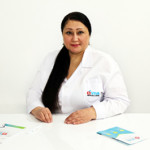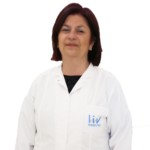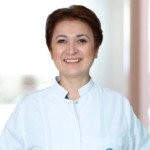-
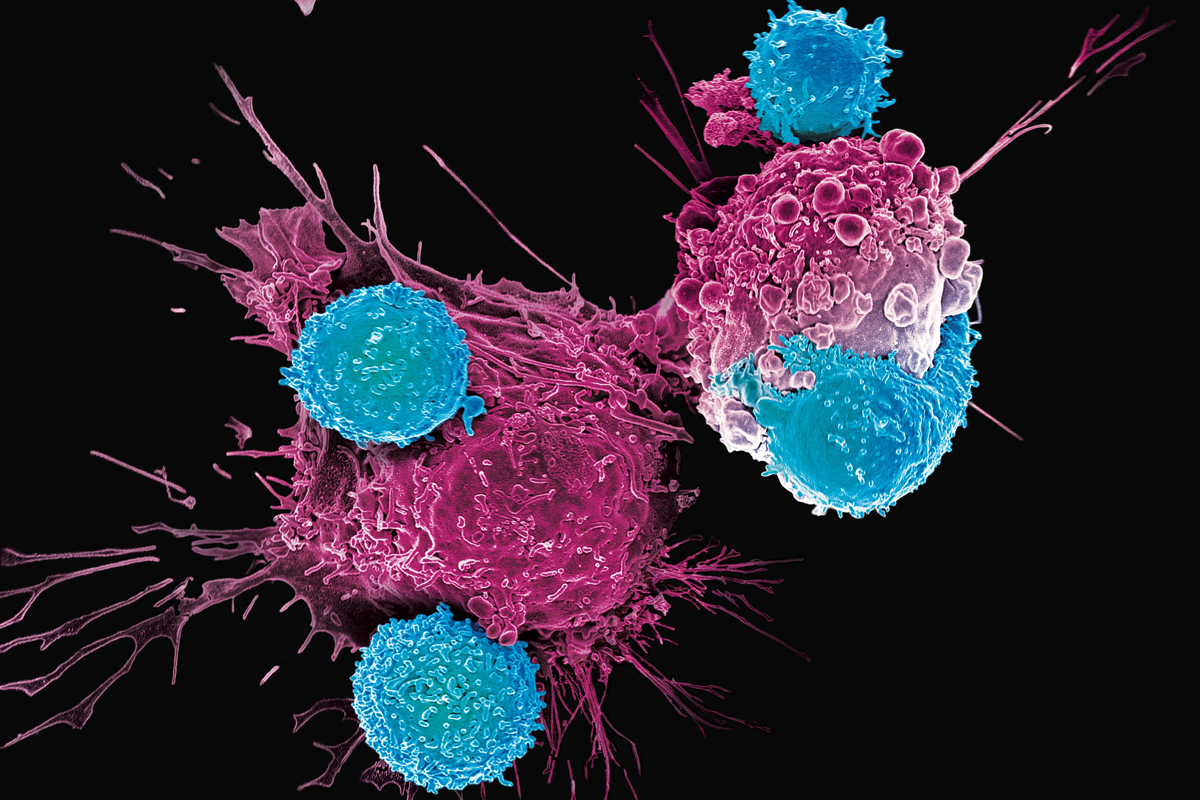 Medical articles
CAR T therapy: helps treat cancer when other methods fail
Medical articles
CAR T therapy: helps treat cancer when other methods fail
-
 Medical articles
Cancer incidence is steadily increasing: disappointing WHO forecast for 2050
Medical articles
Cancer incidence is steadily increasing: disappointing WHO forecast for 2050
-
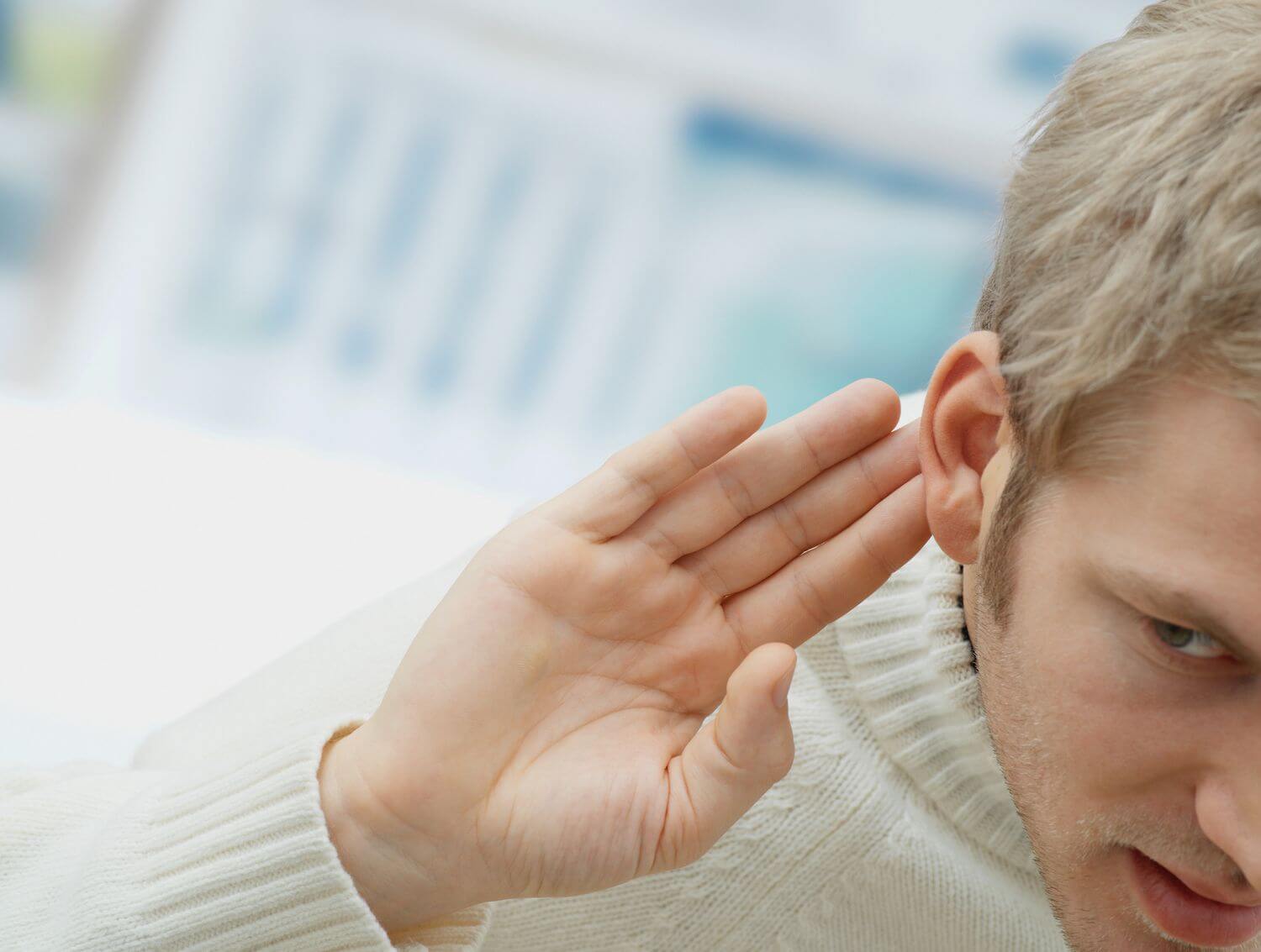 Medical articles
Stem cells bring hope to millions of people suffering from hearing loss
Medical articles
Stem cells bring hope to millions of people suffering from hearing loss
-
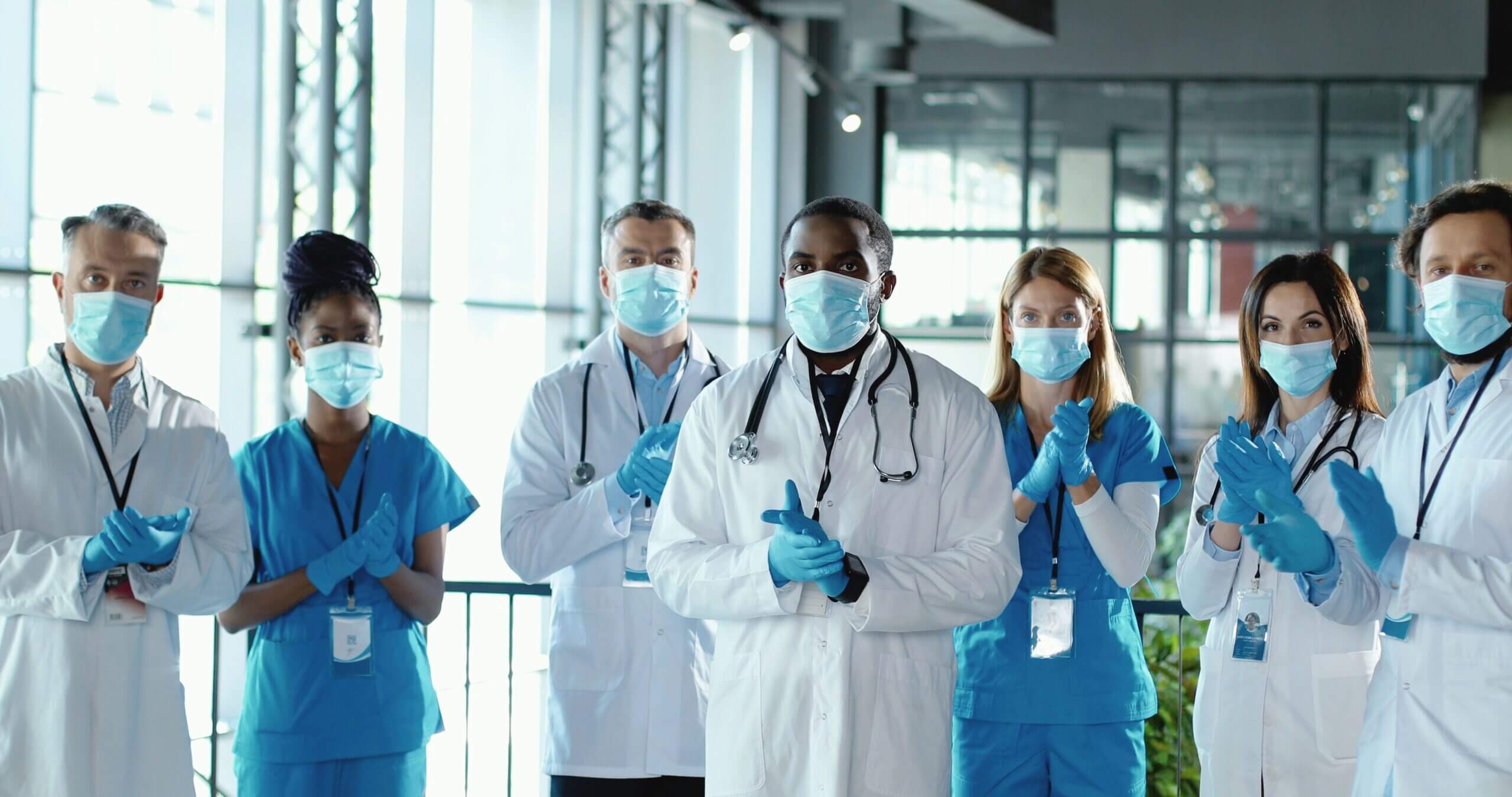 Medical articles
TOP 10 clinics for oncology treatment 2023
Medical articles
TOP 10 clinics for oncology treatment 2023
-
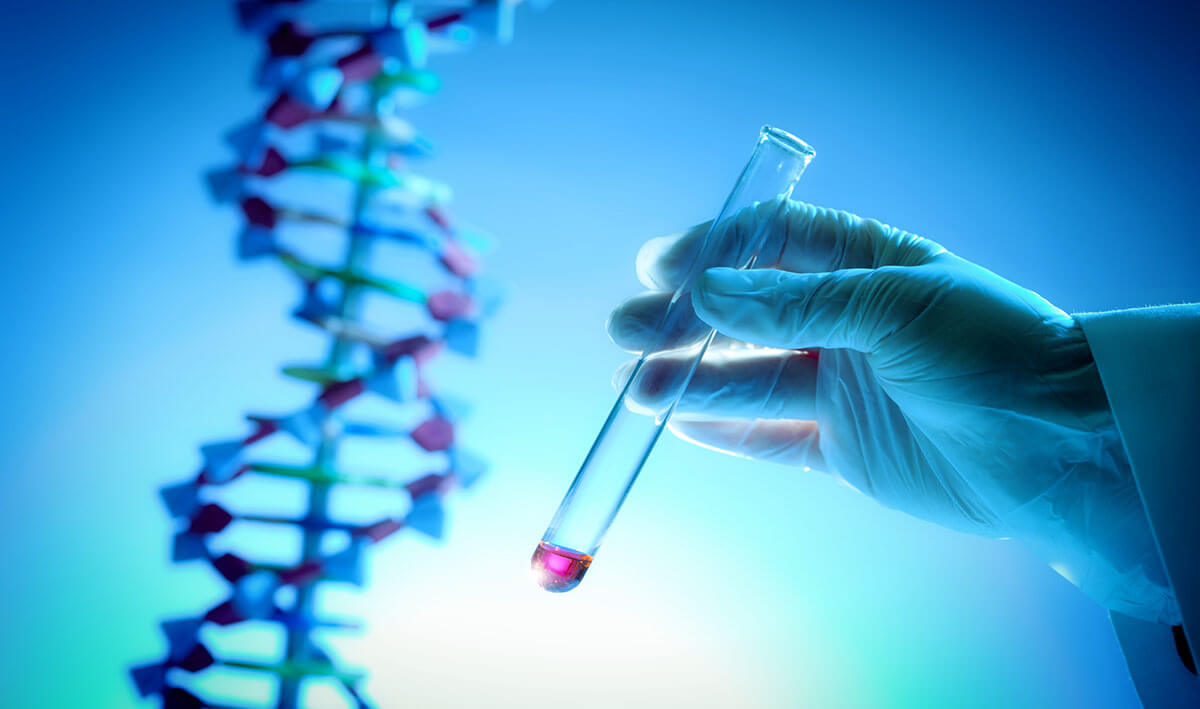 Medical articles
New methods for diagnosing cancer diseases
Medical articles
New methods for diagnosing cancer diseases
All news
Amyotrophic lateral sclerosis treatment
ALS refers to a progressive neurodegenerative disease in which motor neurons are affected. Neuronal death leads to muscle atrophy. The clinical picture shows a loss of control of the muscles responsible for breathing, swallowing, speech and limb movement.
Timely diagnosis makes it possible to retain muscle activity and slow down the progression of the disease. At a clinic abroad, you may undergo all the necessary examinations within one week.
Synonyms: motor neurone disease, Charcot disease, Lou Gehring’s disease, motor neurone disease.
Amyotrophic lateral sclerosis, on average, is found in 3-5 people out of 100,000.
MedTour patients recommend clinics for the treatment of amyotrophic lateral sclerosis:
Doctors for the treatment of amyotrophic lateral sclerosis
Frequently Asked Questions
Symptoms of amyotrophic lateral sclerosis can also occur with other neurological diseases. Their presence and intensity depend on the individual and the course and severity of the disease. Symptoms include:
- Weakness and a subjective feeling of «heaviness» when walking or performing daily activities,
- Frequent falls and discoordination of movements,
- slurred speech and difficulty swallowing liquid and solid food,
- Muscle twitching in the arms, legs and tongue,
- Unmotivated laughter, crying and yawning,
- Disordered thinking and intellectual functions,
- Impairment of fine motor skills in the hands.
The true cause of amyotrophic lateral sclerosis is still unknown. Scientists agree that ALS is the result of genetic pathological changes and environmental factors.
Many years of research have established a link between the development of ALS and a fault in the SOD1 and C9ORF7 genes. Abnormal functioning of the aforementioned genes results in the production of a protein that is toxic to motor neurons or impairs their regeneration.
Environmental factors can include exposure to toxic chemicals, particularly those used in warfare. Other preconditions for the development of ALS include heavy physical work. For this reason, ALS is more common in veterans and professional athletes.
The presence of one or more risk factors increases the chances of contracting amyotrophic lateral sclerosis during your lifetime. Risk factors for ALS include:
- Heredity. About 5% of patients will inherit the disease from their relatives,
- The peak incidence of ALS is between 40 and 60 years of age,
- Men are more likely to have the disease before the age of 65 than women,
- Smokers are more likely to have amyotrophic lateral sclerosis.
The leading cause of death is respiratory failure. This is caused by atrophy of the muscles that normally carry out breathing.
As the disease progresses and motor neurons break down, patients may experience these complications:
Breathing problems
In more advanced stages, ALS can affect the respiratory muscles and the patient may have difficulty breathing at will. A special oxygen mask is recommended to avoid sleep apnoea (asphyxia), which keeps the pressure inside the lungs and allows the breathing act to continue during sleep.
Speech articulation disorder
The patient’s speech may range from a slurred pronunciation of certain words to a loss of the ability to pronounce words at will. During rehabilitation, the patient will work with a speech therapist and learn alternative communication skills.
Swallowing disorders
A patient may suffer from dehydration and malnutrition because of dysfunction of the muscles involved in the swallowing act. The pathological ingestion of food and fluid into the lungs leads to pneumonia (inflammation of the lungs).
The solution to this problem is a nasogastric tube, which fully covers the patient’s need for liquids and food.
Amyotrophic lateral sclerosis belongs to a large group of neurodegenerative diseases of the central nervous system. This means that the symptoms of ALS are not always specific and can occur with other diseases:
- Metabolic myelopathy,
- Missile sclerosis,
- Kennedy’s amyotrophy,
- Spinal dementia,
- Benign fascioculation,
- Creutzfeldt-Jakob disease.
This is important to consider at the time of diagnosis as a correct diagnosis allows the selection of the correct therapy strategy.
Diagnosis and treatment of amyotrophic lateral sclerosis abroad (2021)
How amyotrophic lateral sclerosis is diagnosed abroad
There are no reliable laboratory and instrumental methods to confirm ALS. Diagnosis is based on a multilevel examination of the affected motoneurons and the exclusion of other neurological diseases.
The doctor may prescribe one of the following tests^
- Electromyography,
- Nerve conduction studies,
- MRI,
- Lumbar puncture,
- Muscle biopsy,
- Blood and urine laboratory tests,
For diagnosis, the Awaji and El Escorial criteria are used, which are implemented by the International Federation of Neurology. These help the practitioner to rule out other diseases and make a diagnosis of ALS more likely.
How ALS is treated in foreign countries
Treatment of ALS aims at slowing down the progression of symptoms and preventing complications. Treatment involves a team of specialists: neurologist, rehabilitation therapist, psychiatrist, speech therapist and others.
Medication therapy
The US Food and Drug Administration (FDA) has approved several drug forms for the treatment of amyotrophic lateral sclerosis:
- Riluzole (Rilutek),
- Edaravone (Radicava).
Studies have shown that these drugs significantly prolong life and delay the need for ventilators and tracheostomies.
Treatment with stem cells
Stem cell therapy is an alternative treatment option for ALS. These are derived from the patient’s umbilical cord blood or adipose tissue, and embryonic stem cells are also used. The immature cells differentiate into neural tissue and regenerate the motor neurons that have been damaged by ALS. Possible effects of stem cell treatment:
- Decrease weakness and feelings of fatigue,
- Improved articulation of speech,
- Partial recovery of the act of swallowing,
- reduction of muscle stiffness,
- spasms and pulls.
Robotic locomotor therapy
International practice uses ReWalk and HAL (Hybrid Assistive Limb) exoskeletons, which allow patients to perform full movements and exercises with the affected limb. This slows down the progression of symptoms and improves neuroplasticity.
Clinical trials
Every day, scientists are searching for new and effective treatments for amyotrophic lateral sclerosis. At present, more than 700 clinical trials are being conducted all over the world at the same time.
A complete list is available on the official website You can ask your doctor abroad about participating in clinical trials.
Published:
Updated:


